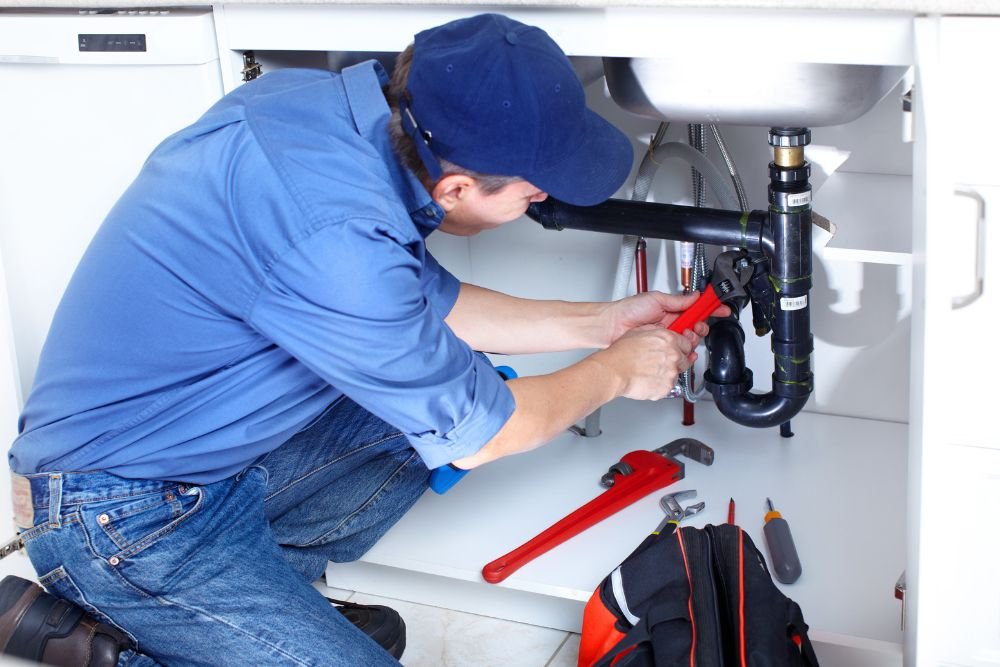Comparing the Cost of Moving Yourself vs. Hiring Movers

Relocating is a big step that comes with its own set of challenges and rewards. Planning is key whether you’re moving alone, with a partner, or with your family. One of your biggest decisions is whether to move yourself or hire professional movers. This guide compares the cost and breaks down considerations for each option, helping you decide which might be more economical for your next relocation.
Upfront Costs
First, let’s explore the typical initial costs of moving and the associated factors of each option.
Moving Yourself
When moving on your own, the costs are initially straightforward. You’ll probably need to rent a truck and purchase packing materials, unless you already have both things. The cost of renting a truck depends on how far and how much you’re transporting, so this expense can vary. There is also the physical cost of moving yourself, as lifting boxes all day can take a toll on your body.
Professional Movers
Depending on the scope of services you purchase, professional movers can take up a significant portion of your moving budget. However, the high cost comes with unique benefits. For instance, some moving companies can assist with packing, furniture assembly, and temporary storage to protect your items. Movers also provide efficiency and experience, packing and transporting your belongings quickly and securely.
Hidden Costs
Unfortunately, whether relocating on your own or working with movers, you may encounter expenses you do not originally budget for.
Moving Yourself
DIY moves come with hidden costs beyond the truck and boxes. For example, the cost of gas in a moving truck or your personal vehicle can add up quickly, especially for long-distance moves. Unexpected delays can also lead to unforeseen expenses, such as rental extensions and overnight accommodation if your move extends beyond the planned timeline.
Professional Movers
When hiring professional movers, it’s essential to be aware of potential hidden costs. These might include extra fees for heavy items, stairs, or long carry distances. Avoid surprises by getting a detailed quote that outlines every possible charge.
Long-Term Savings
When considering the cost of a relocation, you must forecast expenses that could arise after your moving day.
Moving Yourself
Moving on your own can save money upfront, but it often leads to unexpected expenses. Hours and days of manual labor cost time and energy, which can result in lost income if you need to take time off work. Some people find that the money they save by not hiring movers is spent fixing damaged items or replacing broken belongings during the move.
Professional Movers
One of the most common misconceptions about hiring moving services is that it is not cost-effective. Hiring professionals might seem like a more considerable investment initially, but it often saves more time and stress in the long run. Movers handle logistics, allowin g you to focus on other aspects of relocating, like setting up utilities or helping children adjust to a new environment.
Which Is More Cost-Effective?
Choosing between moving yourself or hiring movers is easier after comparing the cost, and it depends on your household’s needs and circumstances. If you prefer control and have the time to spare, a DIY move might suit you. However, if you value convenience and peace of mind, consider investing in professional help.







